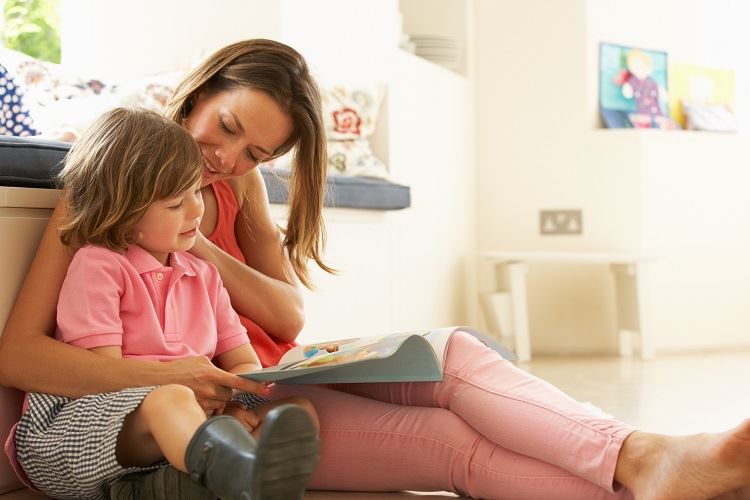Our Role as Attorneys in Your Child Custody Case
- Case Assessment and Strategy: We learn about details unique to you, including family dynamics, your child’s needs, and any existing custody arrangements. We use this information to develop an approach that fits your goals.
- Document Preparation: We handle necessary paperwork, including petitions, affidavits, and evidence submissions, consistent with New York family law requirements.
- Negotiation: We work to reach custody agreements outside of court when possible, aiming for solutions that limit conflict and protect your child’s well-being.
- Court Representation: If the case goes to court, we help you prepare for every possible scenario. In the courtroom, we present evidence, call witnesses, and make the case for a favorable custody outcome.
- Advocating for the Child’s Interests: In some cases, an Attorney for the Child (AFC) may be appointed to present the child’s wishes. In those cases, we continue to advocate for your goals while taking into account input from the AFC.
- Post-Judgment Modifications: If circumstances change, we assist with seeking modifications to custody or visitation orders that reflect your new situation.
Alongside these core services, we address matters like relocation requests and moves outside New York. If you or your co-parent plan a move to or from White Plains, we can explain how courts assess the impact of relocation on custody and your child’s daily life. Our attorneys also address enforcement for existing custody orders, pursuing solutions in the Westchester County legal system that put your child's needs first.
How NY Courts Determine Custody
When parents cannot reach agreement on child custody, a judge steps in to decide. In New York, custody is decided based on what serves the child’s best interests.
Knowing how the court makes these decisions helps families prepare. Judges in White Plains and throughout Westchester County follow set guidelines but also consider factors unique to the local community. For example, Westchester Family Court takes into account school district boundaries, community resources in the area, and each parent’s ability to provide a stable home for the child.
Key Factors Considered in Child Custody Decisions:
- The ability of each spouse to provide for the child
- The emotional attachment between a parent and child
- The living arrangements and location of each spouse
- If a child has special needs or health concerns
- The physical and mental health of each parent
- Evidence of child abuse or neglect
Court decisions may involve legal custody—that is, decision-making power for matters like education and healthcare—and physical custody, which addresses where the child lives most of the time. New York courts can grant sole or joint custody of either type. Detailed parenting plans often account for holidays, school schedules, and transportation needs within White Plains or nearby neighborhoods. Parents should be ready to discuss these issues in court or negotiation, since a clear plan helps reduce disagreements and gives children stability.
Types of Custody Arrangements in New York
New York law defines several custody arrangements for families in White Plains. Legal custody gives a parent the authority to make major decisions about a child’s upbringing, such as education and healthcare. Physical custody determines where the child will primarily live and who provides daily care. Courts may grant joint or sole custody for each type. With joint legal custody, both parents share responsibility for important choices; sole legal custody gives one parent that authority. Joint physical custody allows the child to divide time between both parents, but it does not require an equal split. Judges take into account each family’s needs and the child’s bond with each parent when making decisions. Westchester judges prefer parenting plans with clear, practical terms, so parents can support their child and avoid confusion.
Navigating the Child Custody Process in White Plains
Families in White Plains usually begin the child custody process by filing a petition at Westchester Family Court, which is located at 111 Dr. Martin Luther King Jr. Blvd. Once the petition is filed, both parents may participate in mediation to try to agree on a plan before the case reaches a judge. Mediation creates a confidential, neutral setting and lets families propose a parenting plan that works for everyone. If parents cannot agree, a court hearing follows; a judge will review the facts and listen to both parties. Throughout the process, keeping good records and preserving communication helps your case. The court may appoint an attorney for the child if parents disagree strongly about the child's wishes. Guidance from attorneys familiar with White Plains court procedures can reduce stress and help you pursue your long-term goals. Each step centers on the child’s welfare and addresses practical concerns within Westchester County.
Need Help with a Custody Dispute? Call Our Westchester Child Custody Lawyers
Whether you believe a custody dispute is approaching, or want to revisit an existing order, you do not have to navigate these issues on your own. At Friedman & Friedman PLLC, Attorneys at Law, we believe client-focused service produces better results.
Our child custody lawyers in White Plains take the time to understand your situation and build a legal strategy based on your goals. No matter how complicated your family law case may seem, our team provides clear, compassionate guidance when you need it.
Our familiarity with Westchester Family Court helps us move cases forward efficiently, whether you need an initial agreement or face changes in your family's life. We value open communication, and keep you updated at every stage. Clients in White Plains benefit from our attention to detail and our insights about local court practices and trends that shape custody results across Westchester County.
Contact us through our web form or at (914) 873-4410 for dedicated support in your NY custody case.
FAQs
Can my child choose which parent to live with in New York?
New York courts listen to a child’s wishes, but age and maturity influence the court’s decision. Judges consider the child’s preference and appoint an attorney for the child when needed, but no set age lets a child choose outright. The court always weighs the child’s best interests above other concerns.
What is the difference between joint legal custody and joint physical custody?
Joint legal custody lets both parents share decision-making for important matters like education and healthcare. Joint physical custody involves the child living with both parents for substantial periods, though it does not always mean equal time. Courts fashion these arrangements around each family’s situation.
How long does the child custody process take in White Plains?
The process length varies with each case. If parents agree early, through mediation or negotiation, cases often resolve in weeks. When disputes continue or the court requires evaluations, the process may take months. The court’s schedule and family circumstances both play a role in timing.





